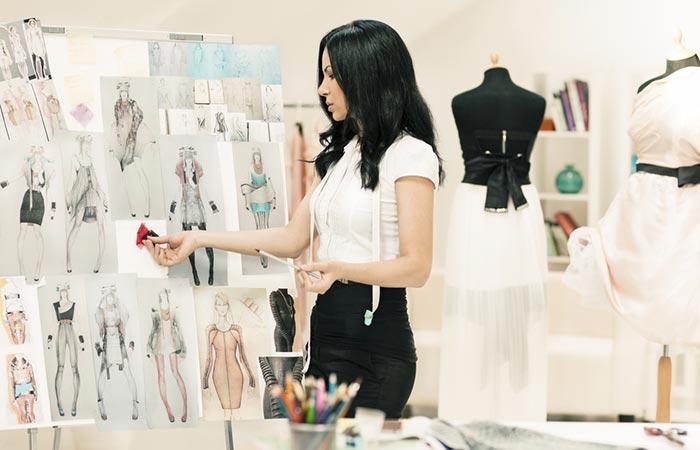Introduction: Welcome, aspiring fashion designers! Embarking on a journey in the world of fashion Tipsfamilia.com/ design is both exciting and challenging. As a beginner, you may feel overwhelmed by the vastness of the industry and the skills required to succeed. However, with the right guidance and dedication, you can turn your passion for fashion into a rewarding career. In this article, we’ll explore essential tips and advice to help you navigate the initial stages of your fashion design journey.
Understanding the Basics: Before diving into the creative process, it’s essential to understand the fundamentals of fashion design. Familiarize yourself with various fabrics, textures, and materials commonly used in clothing production. Additionally, explore different fashion styles, from classic to avant-garde, to broaden your design perspective.
Developing Your Unique Style: One of the most exciting aspects of being a fashion designer is the opportunity to express your creativity. Embrace your unique style and draw inspiration from diverse sources, including art, nature, and culture. Keep a sketchbook handy to capture your ideas and experiment with different design elements.
Sketching and Designing: Sketching is a crucial skill for any fashion designer. Practice drawing figures and garments to refine your sketching techniques. Invest in quality drawing tools and software to bring your designs to life digitally. Remember, the more you sketch, the more proficient you’ll become.
Learning from the Masters: Study the work of renowned fashion designers to gain insights into their design process and aesthetic. Analyze their collections, runway shows, and interviews to understand their creative vision and techniques. Drawing inspiration from established designers can help you develop your unique design perspective.
Networking and Building Connections: Networking is vital in the fashion industry. Attend fashion events, workshops, and seminars to meet fellow designers, industry professionals, and potential collaborators. Utilize social media platforms like Instagram and LinkedIn to showcase your work and connect with like-minded individuals.
Seeking Feedback and Improvement: Don’t be afraid to seek feedback on your designs from peers, mentors, and industry experts. Constructive criticism is invaluable for growth and improvement as a designer. Be open to learning from feedback and continuously strive to refine your skills and aesthetic.
Understanding the Business Side: In addition to creative skills, understanding the business side of fashion is essential for success. Familiarize yourself with basics such as marketing, branding, and retailing. Consider taking courses or workshops on fashion entrepreneurship to learn how to effectively launch and manage your brand.
Staying Updated with Trends: Fashion is ever-evolving, so it’s crucial to stay updated with the latest trends and developments in the industry. Follow fashion blogs, magazines, and social media influencers to stay informed about emerging styles and movements. Attend fashion weeks and trade shows to witness firsthand the latest collections and trends.
Handling Rejection and Challenges: Rejection is a common part of the fashion industry, but it’s essential not to let it discourage you. Use setbacks as opportunities to learn and grow stronger. Cultivate resilience and perseverance to overcome challenges and keep pursuing your dreams.
Starting Small and Scaling Up: When starting your fashion career, it’s okay to begin small and gradually scale up your projects and ambitions. Launch a small collection or start an online boutique to gain experience and build your brand reputation. As you gain confidence and recognition, you can expand your business and reach.
Ethical and Sustainable Practices: Incorporate ethical and sustainable practices into your design process and business model. Choose eco-friendly materials, minimize waste, and prioritize fair labor practices. Consumers are increasingly conscious of sustainability, so embracing ethical fashion can set your brand apart.
Seeking Mentorship: Seek mentorship from experienced professionals in the fashion industry. Mentors can provide valuable guidance, advice, and support as you navigate your career path. Reach out to established designers or industry veterans whose work you admire and ask for mentorship opportunities.
Balancing Creativity and Commercial Viability: Finding the balance between artistic expression and commercial viability is crucial for success as a fashion designer. While it’s essential to stay true to your creative vision, it’s also important to consider market demand and consumer preferences. Strive to create designs that are both innovative and commercially viable.
Conclusion: Embarking on a career as a fashion designer is an exhilarating journey filled with creativity, challenges, and opportunities. By following these tips and staying true to your passion, you can build a successful and fulfilling career in the dynamic world of fashion design.

